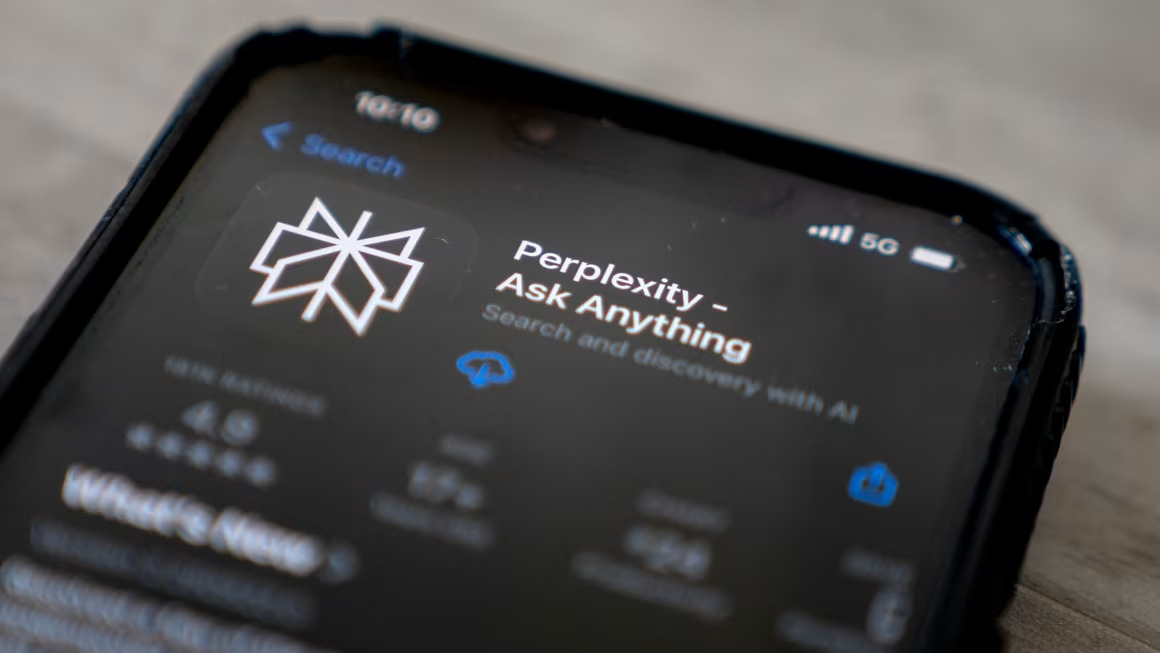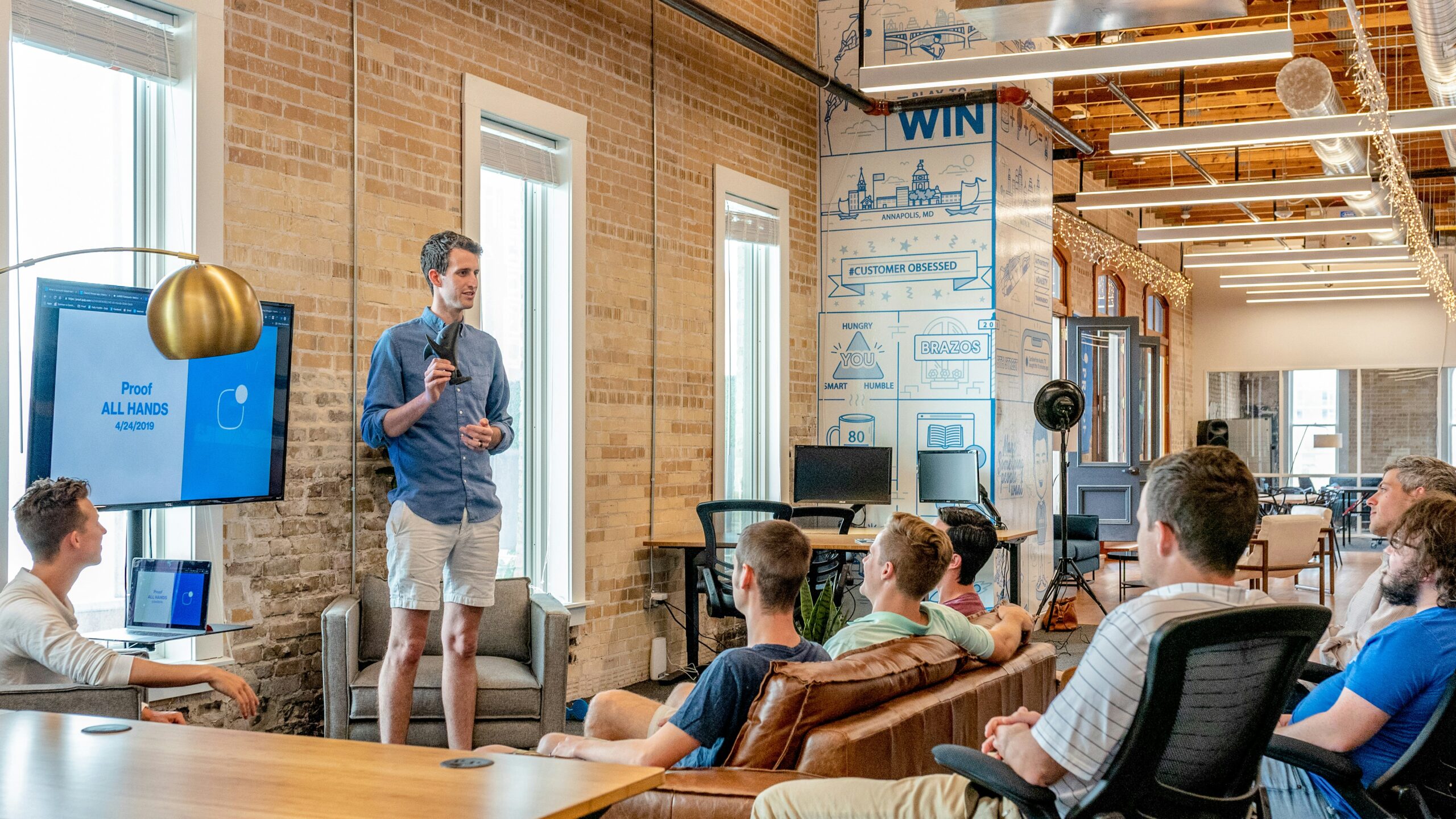Rapidly Growing AI Startup "Perplexity"

TEXT:Joseph Bridcut
The fast-rising AI startup Perplexity is attracting increasing attention from major tech giants. It has come to light that both Meta (formerly Facebook) and Apple have considered acquiring the company, fueling speculation about Perplexity's future among industry insiders. According to sources, Meta held acquisition talks with Perplexity in the spring of 2024 but ultimately failed to reach a deal. Apple, meanwhile, is said to be discussing the possibility of acquiring Perplexity internally, though those discussions are still in the early stages and the outcome remains uncertain. Both companies have declined to comment on the matter. These developments underscore how Meta and Apple are seeking to catch up in the AI space, where rivals like Google and OpenAI have already taken the lead. With AI-powered search emerging as the next major technological frontier, competition among key players is intensifying like never before.
Perplexity offers a next-generation search experience powered by artificial intelligence. Founded in August 2022, the company released its first AI search engine in December of the same year. Similar to ChatGPT, it answers natural language questions but stands out by including links to its information sources in the responses.
Users can choose between two modes: “Quick Search” and “Pro Search.” The free plan allows up to three Pro Searches per day, while the $20-per-month paid plan unlocks access to more AI models, unlimited file uploads, image generation, and other premium features.
The platform integrates not only Perplexity's proprietary AI agent but also models from OpenAI, Anthropic, and others, enabling users to interact with multiple AI systems through a single interface.
Perplexity is also developing a new AI-powered web browser named Comet, aiming to redefine the internet browsing experience beyond traditional search.

Despite its innovation, Perplexity is facing legal challenges related to copyright. The BBC has warned of potential legal action, alleging that its content was used without permission. Similarly, Dow Jones, the parent company of The Wall Street Journal and New York Post, has filed a lawsuit accusing Perplexity of improperly using its content and siphoning web traffic.
These disputes highlight a broader issue facing the generative AI industry — the urgent need for clear rules on content usage and redistribution.
On the competitive front, Perplexity is battling dominant players like ChatGPT. According to app analytics firm Sensor Tower, ChatGPT accounted for 45% of AI chatbot app downloads in Q3 2024, while Perplexity fell under the “Other” category.
AI search technologies like Perplexity’s may play a crucial role in the future strategies of both Apple and Meta. Apple has already partnered with OpenAI and Google to enhance AI functionality on the iPhone and is reportedly exploring integrating an AI-powered search engine into Safari.
Meta, on the other hand, continues to develop its proprietary Llama model series and is pushing forward with hardware integration, such as its AI-powered Ray-Ban smart glasses. The company has also taken aggressive steps to secure top AI talent — OpenAI CEO Sam Altman recently noted that Meta had offered some candidates compensation packages worth $100 million.
Meta has also made large investments in companies like Scale AI, which supports data labeling for AI model training, and has brought Scale’s founder onboard — signaling its serious commitment to AI.

What lies behind Apple’s and Meta’s interest in Perplexity is the belief that AI could become the "third major platform" after the internet and smartphones. Both companies played pivotal roles in those earlier technological revolutions.
As AI begins to reshape how people search for information, communicate, and work, securing a stake in the next-generation search experience could become a decisive factor in the future of big tech. The race is on to see which company will align itself with the most promising innovators — and come out on top in the new AI era.
